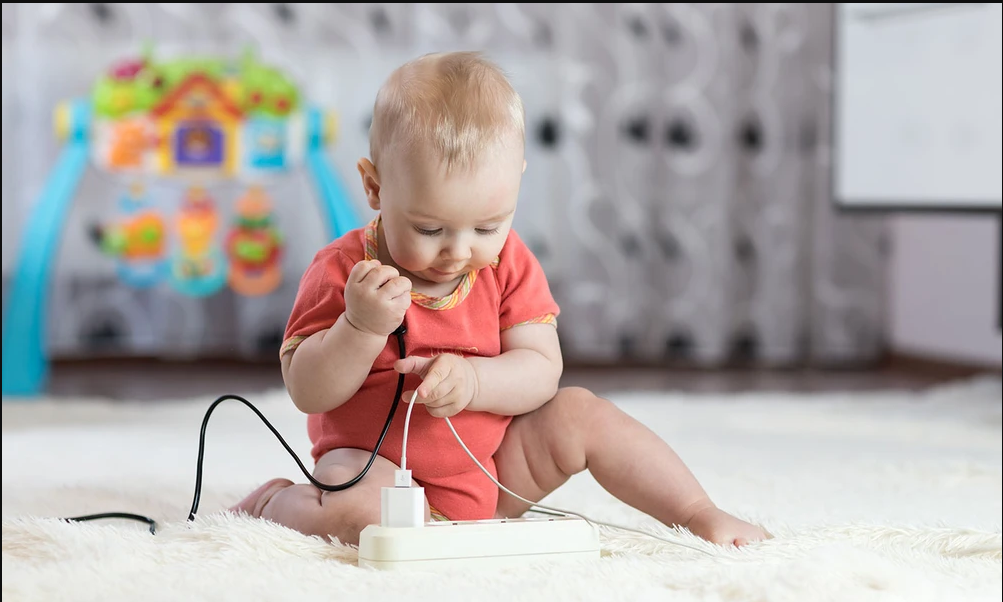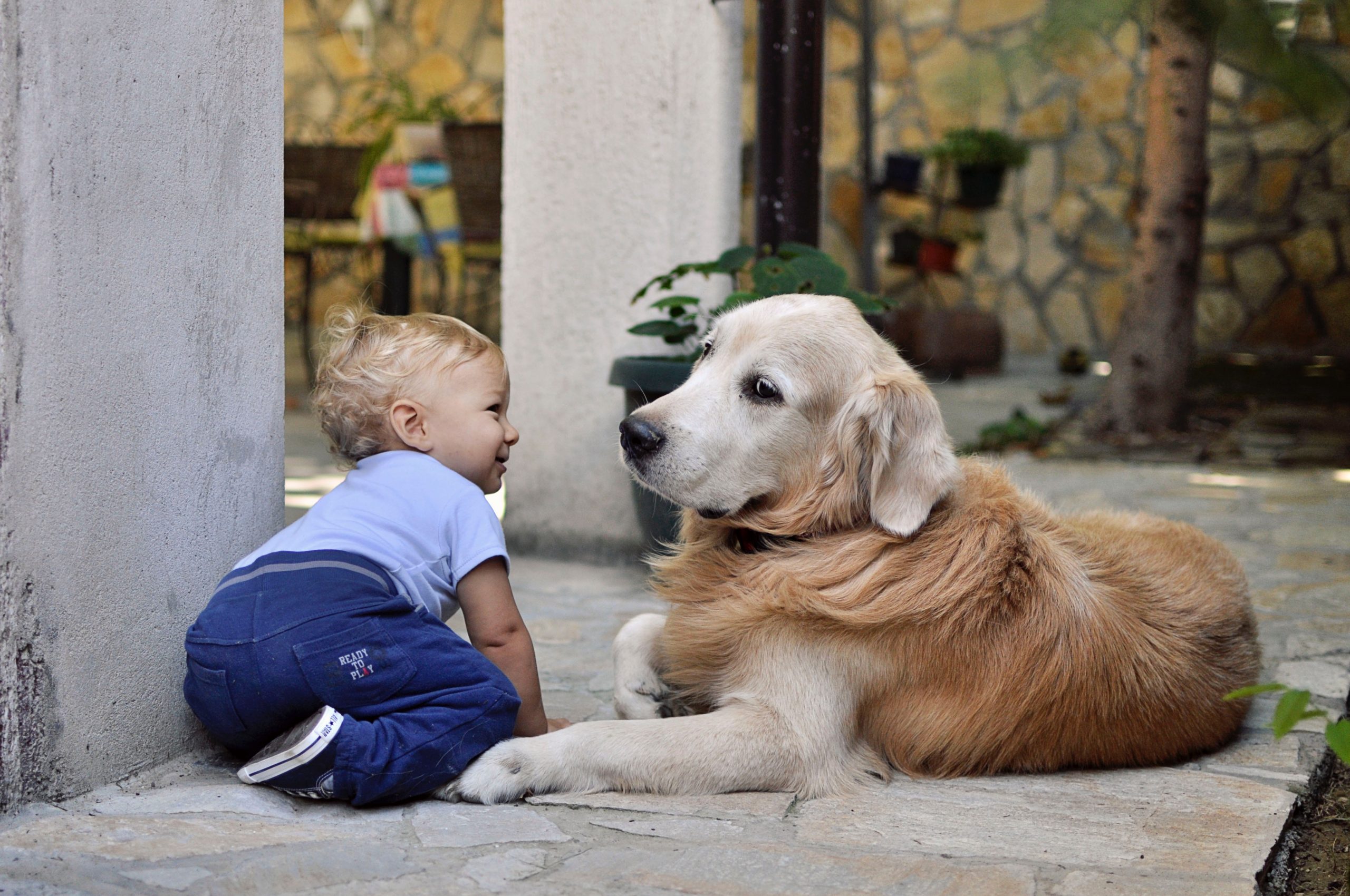Baby Safety and Childproofing Tips for Moms
The first time you saw your baby crawl, how did you feel? I believe it is a moment you relive from time to time. And the first step your baby took his first step, you had to hold yourself back unsuccessfully from screaming.
You\’re likely unprepared when it comes to keeping your baby safe from all the hazards in his path. This is the story of many mothers.
The best time to childproof your house is before your baby is born, and the next best time is before he starts crawling. Childproofing is to prevent accidents. Statistics say domestic accidents cause most infant and toddler deaths. These accidents are preventable when you use these childproofing tips.
Install a stairway and door gate
These mesh gates are adjustable and removable when you don\’t need them anymore. It is to prevent your crawling or walking baby from going through the door and down the stairs.
Preventing burns
Avoid hot liquid or food while carrying or holding your baby. Keep hot things from the top of the table or kitchen cabinet. Do not bring your baby close to the cooker and keep him far from an oven in use. Keep your baby away from electrical appliances, wires, hand dryers, and television. It is easier to achieve with a Stove guard, TV guard, and a plastic guard.
Install cabinet and drawer locks
Kitchen cabinets, bathrooms, and refrigerator contain things you don\’t want your baby going near either because they are harmful to your baby or he will make a mess of things. To prevent him from going near these places, you need to install secure cabinet locks or drawer locks. There are two options of locks available; external locks that you can fit around the knobs or internal locks. Some available locks are Safety first cabinet flex-lock and slide lock, KidCo cabinet lock, Adhesive mount cabinet, and drawer lock, etc.
Baby Safety Tips
- When bathing your baby, use warm water and not hot water. Use your elbow to check the warmness or pour a little on your laps before you pour on the baby\’s body. Never leave your baby unsupervised in the bath. You can use a thermometer to check the water temperature.
- Prevent fall from height: Never leave your baby unattended to on the sofa, bed, stairs, changing table, high chair, and any position where the probability of falling is high.
- When using a cot, avoid using soft and fluffy pillows and other beddings on the bed. Avoid leaving toys inside the cot when your baby is asleep in it. These could cause suffocation that might lead to death.
- Repair any electrical socket that is bad. Don\’t leave any naked wire open in your house.
- Take lessons in first aid and have your first aid kit at home.
In conclusion, keep all forbidden objects away from the reach of your baby. Objects like knives, scissors, pots, chemicals, and other hazardous materials should be locked away in safe places where the baby cannot reach.





